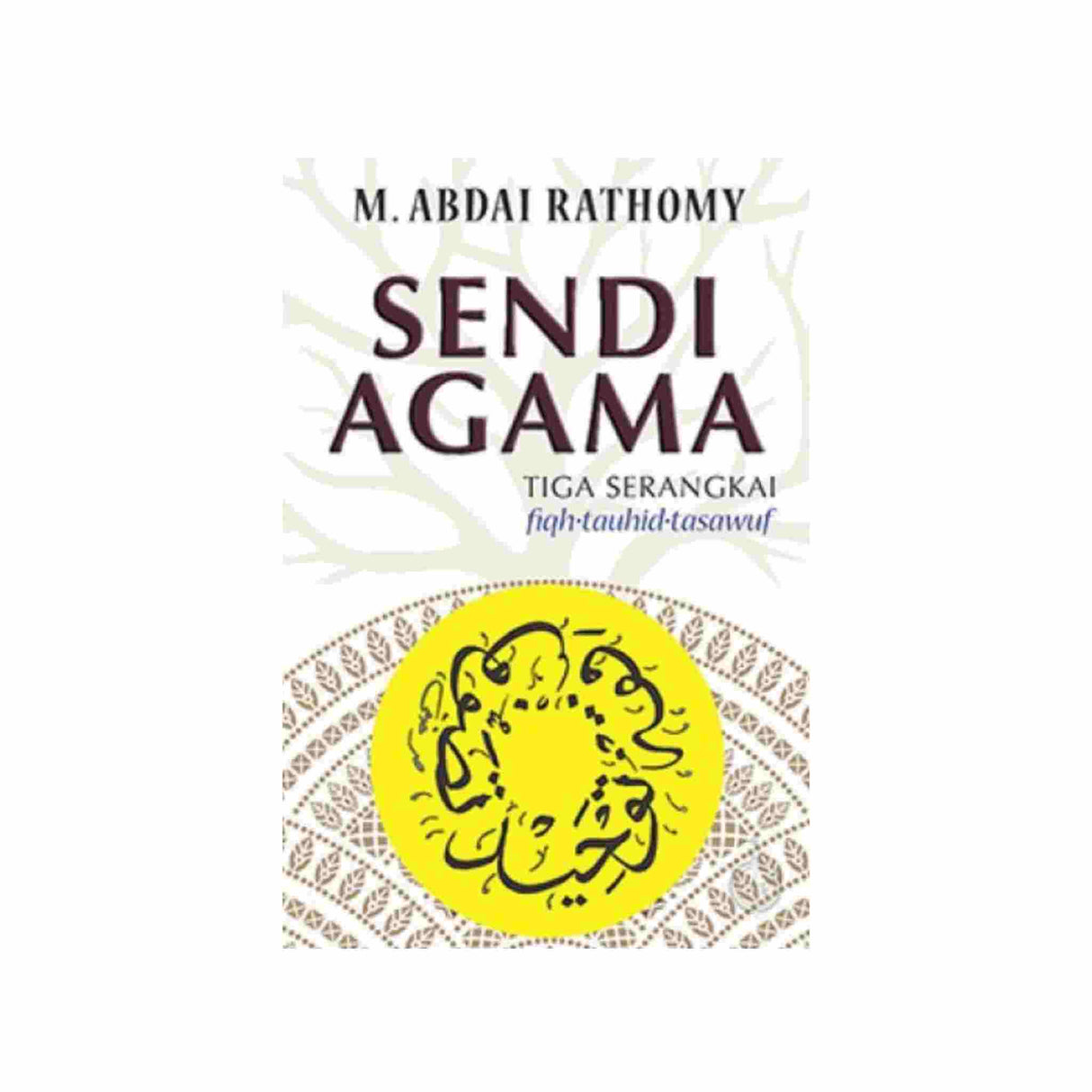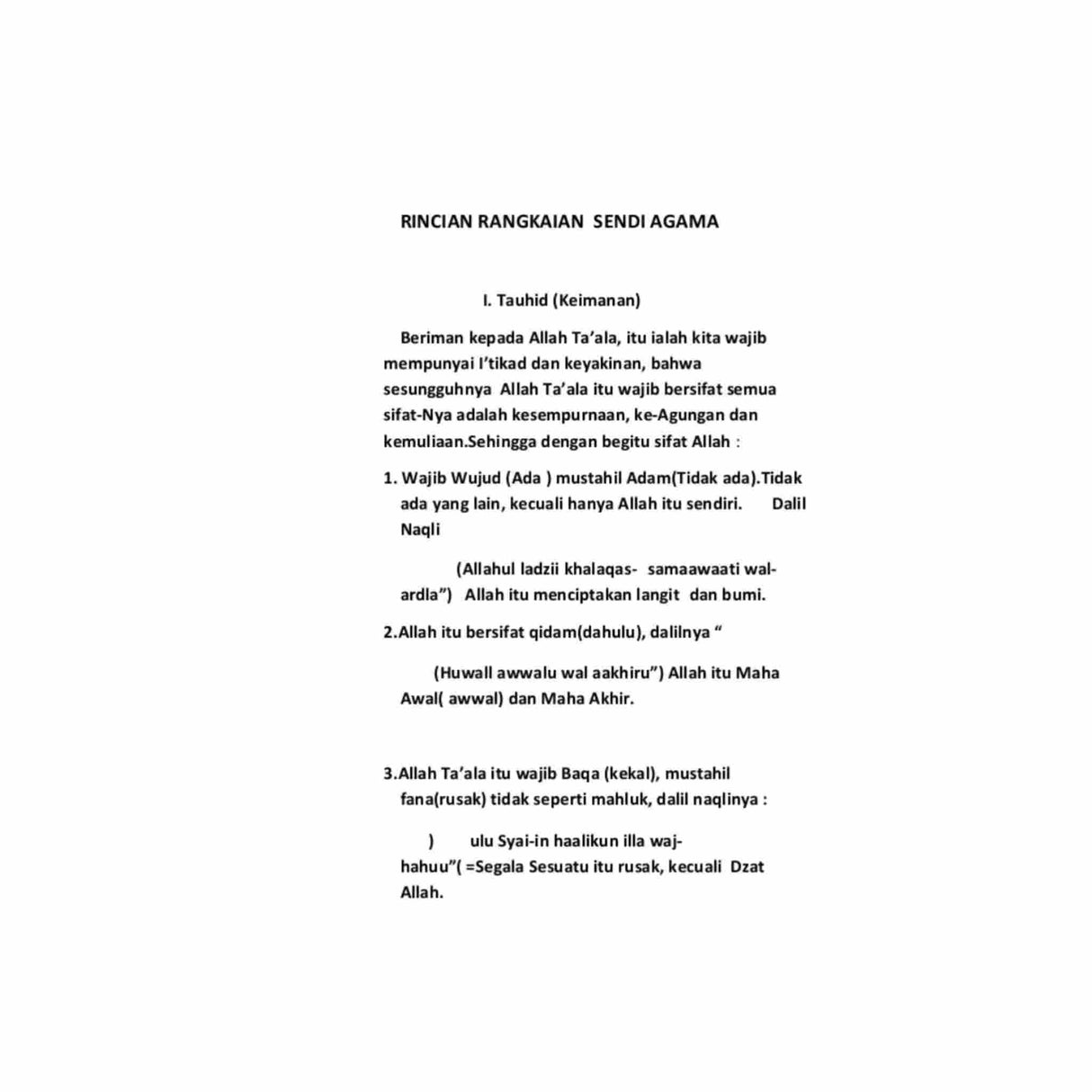The Prayer Existed Before Prophet Muhammad
Key Takeaways:
- Historical Continuity: The presence of Salah before the Quran emphasizes its enduring legacy from the time of Abraham.
- Affirmation: The narrative of the Quran confirms the details and completeness of Islamic worship practices.
- Traditions: Rituals like Salah, established by earlier prophets, are reaffirmed in the Quran, highlighting a tradition of spiritual practices passed down through generations.
This verse Surah At Tawbah (9:54) asserts that the disbelievers' lack of acceptance of their spending is due to their disbelief in God and His messenger. Notably, when they observed the Prayers (Salah), they did so lazily, and when they gave to charity, they did it grudgingly.
The annotation emphasizes that the existence of the Prayers (Salah) before the Quran is a proof of its continuity from the time of Abraham. This aligns with the Quranic narrative that the essential elements of worship, including the Prayers, were established by prophets like Abraham and handed down through generations.
Moreover, the annotation addresses a common question from those who question the completeness and details of the Quran. It highlights that the Quran affirms its completeness and full detail Surah Al-An'am (6:19, 38,114), and the fact that specific details regarding the Prayers are not explicitly mentioned in the Quran does not negate this claim. Instead, it points to the understanding that certain practices were known to the believers from the time of Abraham and were not new revelations exclusive to the Quran. The Quran serves as a confirmation, clarification, and finalization of these practices.
Enhance your understanding of Salah and its roots with our featured book, exploring Fiqh, Tauhid, and Tasawuf here.
Explore deeper into the spiritual journey with our comprehensive collection of blogs on Versus from the Quran, your guide to understanding the essence of Islamic teachings.
Frequently Asked Questions:
Q: How does the Quran confirm the practices established before its revelation?
A: The Quran confirms and clarifies pre-existing practices like Salah by aligning them with the teachings and revelations given to earlier prophets, including Abraham. It serves as a final testament to these practices, ensuring their continuation in a manner that is consistent with God's guidance.
Q: Why aren't all worship details explicitly mentioned in the Quran?
A: The Quran focuses on the essence and core principles of worship, assuming a pre-existing understanding of certain practices among the faithful. This approach allows the Quran to serve as a confirmation of what was already known, rather than an exhaustive manual on worship.
Q: How can one learn more about the specifics of Islamic worship practices?
A: Learning about the specifics of Islamic worship can be achieved through studying the Hadiths, scholarly interpretations, and Islamic literature that delve into the details and contexts of these practices, in addition to the Quran.
Q: What role do prophets play in the establishment of Islamic worship practices?
A: Prophets serve as the primary conduits for divine guidance, establishing and modeling the worship practices commanded by God. Their lives and teachings form the foundation of Islamic ritual and spirituality.
Q: Is the concept of Salah unique to Islam?
A: While unique in its form and significance within Islam, the concept of Salah, as a form of prayer and worship, shares similarities with prayer practices in other religions, reflecting a universal desire for spiritual connection and devotion to the Divine.















